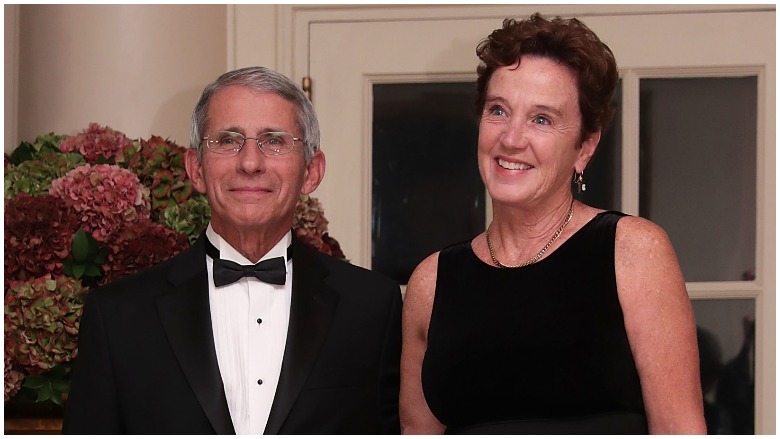
Christine Grady is married to Anthony Fauci, the nation’s top infectious disease expert. He has served as the director of the National Institute of Allergy and Infectious Diseases since 1984. He is also President Joe Biden’s chief medical adviser on COVID-19.
Fauci’s wife is also in the medical field, though she is not in the spotlight as much as her husband. Grady works as a nurse-bioethicist at the National Institutes of Health. They have three daughters together.
Here’s what you need to know:
1. Grady Worked With AIDS Patients Early on in Her Career
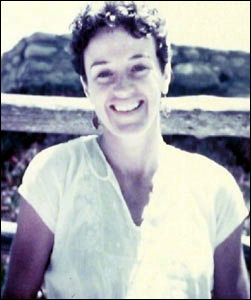
National Institutes of HealthChristine Grady, R.N., Ph.D
Grady played a major role in the early fight against AIDS in the 1980s and was a leading voice on the topic during a time when medical professionals were still learning about the disease and its origins. In a 1997 interview for the NIH, Grady explained she was never intimidated to care for patients diagnosed with HIV or AIDS and continued her work during all three of her pregnancies. Grady said she was asked about this shortly before going to work for the NIH.
We were sitting around and people were talking about this disease. They were asking, ‘Wouldn’t you be afraid to take care of these people?’ Nobody else was a health care professional in this group. I was the only one. At that point I knew that I was coming to the NIH and that I was going to be working in infectious diseases. I guess that at some level I knew there was HIV here, although we did not call it that then. I knew that they were studying this issue here, or they should be. I remember at the time defending this issue by saying that you take care of people because that is your job. You do not worry about what they have. You cannot, or you would not be able to do what you have to do. I was dismissing it pretty offhandedly, probably out of ignorance. I did not have fear, but I probably did not have enough knowledge even to be afraid.
Grady also explained that, in her work as a nurse, she understood that AIDS patients wished to be treated with respect as individuals and not judged for any lifestyle choices:
When you are a nurse, you are with the person for a lot longer, especially when they are sick and in the hospital. … So you get this sort of image of vulnerability and almost nakedness, if you will, of the patient that you are exposed to, that you know this person at a level that many people do not. It is different from person to person, but they sometimes look to you to understand something about them as a whole person and to be able to help with whatever you can do in your limited context, to put that into the sense of who they are.
I have to say, I learned that eloquently from some people that had AIDS that I took care of, because they would say in the beginning, they would… I would talk to them about, ‘What do you want nurses to know? What do you want nurses to think about when they take care of you?’ They would say, ‘The most important thing that you can do is not to judge me. I am me. I am not some statistic, a homosexual with Pneumocystis pneumonia. Sure, I happen to be homosexual, I happen to have Pneumocystis, but that is just things about me. I am me. I have got my thoughts, my feelings, my experiences, my life, and all those are important to how I am dealing with this, how I am accepting or not accepting treatment, how I am reacting to treatment, what I am going to do when I get out of here, those kinds of things.’
Grady’s knowledge about HIV and AIDS earned her the attention of the White House. In the late 1980s, she served on President Ronald Reagan’s “Commission on the HIV Epidemic.”
2. Grady’s Thesis About the Search for an HIV Vaccine Was Published as a Book in 1995
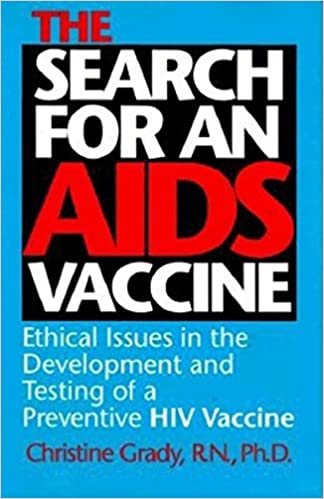
Grady’s Ph.D. thesis was about the ethical issues surrounding the development of a vaccine to prevent or treat HIV and AIDS. The report, titled “The Search for an AIDS Vaccine: Ethical Issues in the Development and Testing of a Preventive HIV Vaccine,” was published as a book in 1995.
In the book, Grady detailed the research that had been done up to that point and discussed the ethics of using human subjects to develop a potential vaccine.
Grady’s expertise and interest in the ethical issues involved with patient care influenced her career path. She has served as the Chief of the Department of Bioethics at the National Institutes of Health Clinical Center since 2012, according to her LinkedIn profile. Grady began serving as the acting chief in September 2011 and had been the deputy director of the department since 1996.
3. Grady Says Her Parents Instilled in Her a Sense of Social Duty by Taking Her to Civil Rights Marches as a Child
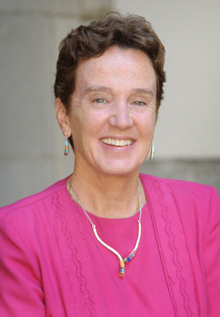
Grady
Grady grew up in New Jersey with four siblings. According to the NIH, no one in Grady’s family worked in the medical field.
But she was inspired to pursue nursing as a career by her parents, who instilled in her a sense of civic responsibility. Grady told the NIH in 1997, “When we were children, I can remember at young ages going on civil rights marches and things like that, because my parents took us there. We did not know what they were really about, because at the time, although I was older than some of my brothers and sisters, I was not that old. Some of those things did not register directly then, but I think they had an impact later on. So I have always been interested— again, there was my parents’ influence—in social issues.”
Grady graduated from Georgetown University with degrees in nursing and biology in 1974. She also earned a Master of Science in Nursing from Boston College. She later returned to Georgetown University for her Ph.D. in philosophy.
4. Grady Worked for Project Hope in Brazil for 2 Years
Early on in her career, Grady lived and worked in Brazil for two years. She was involved with Project Hope, an international nonprofit health care organization headquartered in Bethesda, Maryland.
Grady told the NIH she applied to the program as an undergraduate student due to a “sense of our responsibility to the rest of the world.” She said officials at Project Hope chose Brazil for her and that she did not know a word of Portuguese before arriving in the South American country. However, she learned the language quickly through her work and by living with a Brazilian roommate who did not speak English.
Grady explained that her time in Brazil was eye-opening because she had to work with limited resources. For example, she told the NIH that syringes were washed and used multiple times because there were too few to go around. She said she often had to inject patients using syringes with blunt needles.
5. Grady & Fauci Met While Caring for a Patient
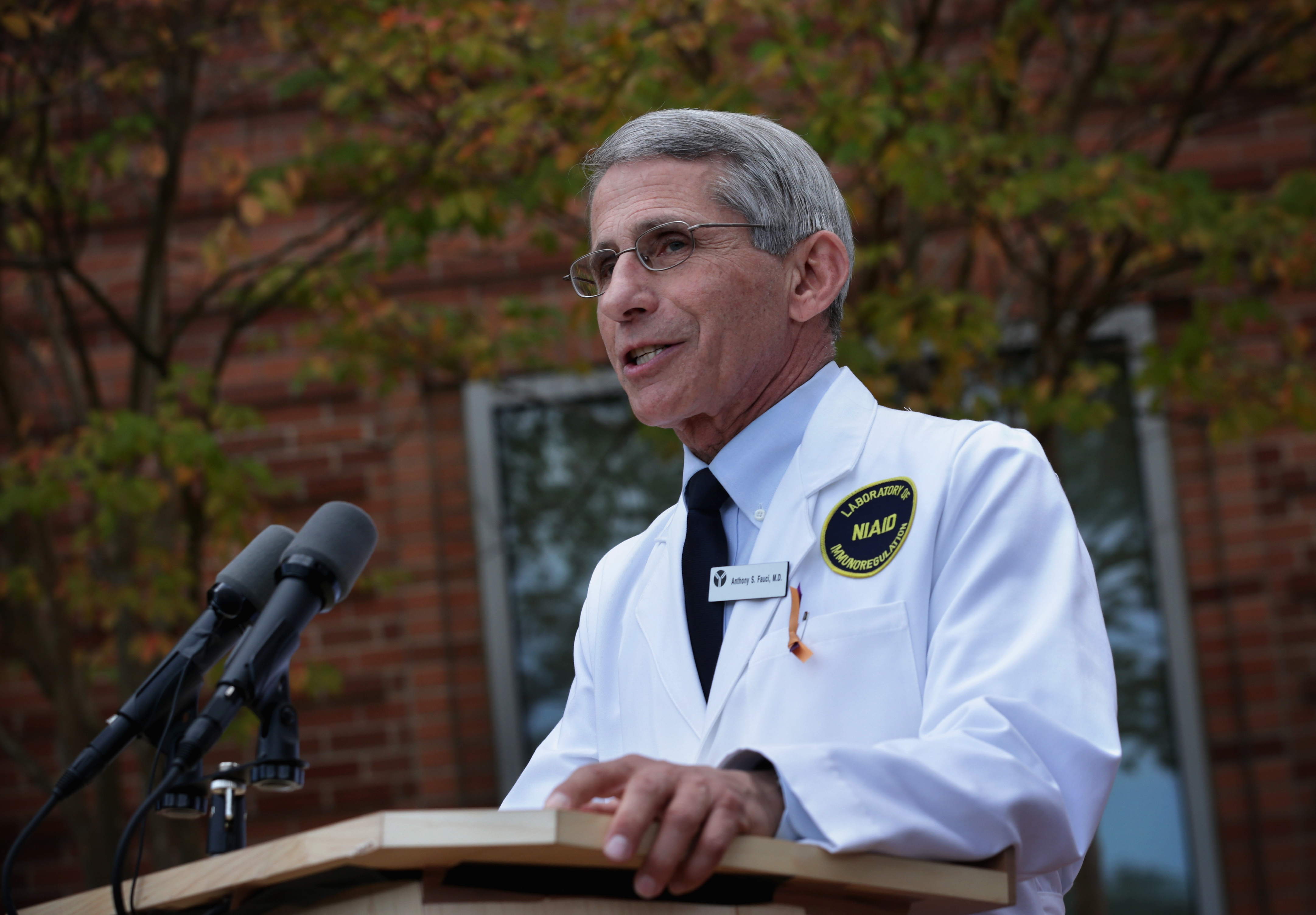
GettyFauci on October 24, 2014.
Grady met her husband of more than 30 years while caring for a patient. Fauci explained in a 2015 interview that he and Grady “met over the bed of a patient.” Grady was called in to translate for a patient who spoke Portuguese.
Fauci raved about his wife in that interview as a “triple threat. She went to school to get her PhD in philosophy, worked, and had three children.”
Grady and Fauci got married in 1985. They have three adult daughters: Jennifer, Megan and Alison.
Their children are all grown and out of the house, but Grady and Fauci have maintained a large home for their daughters to visit. A search of online property records shows the couple bought their 4,000-square-foot, four-bedroom Washington, D.C., home in 2014. The house was valued at approximately $1.9 million in 2019.
READ NEXT: Surgeon General Jerome Adams’ Wife, Lacey: 5 Fast Facts